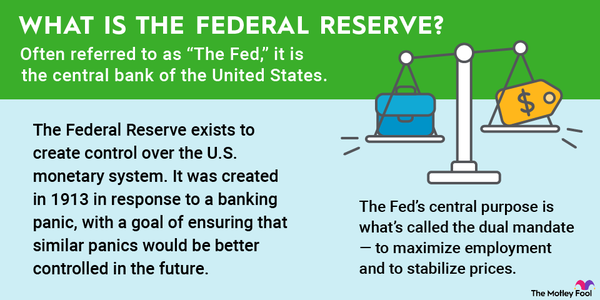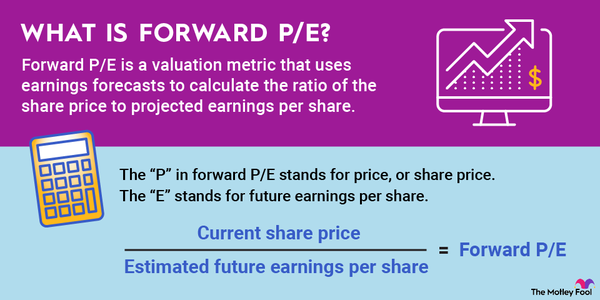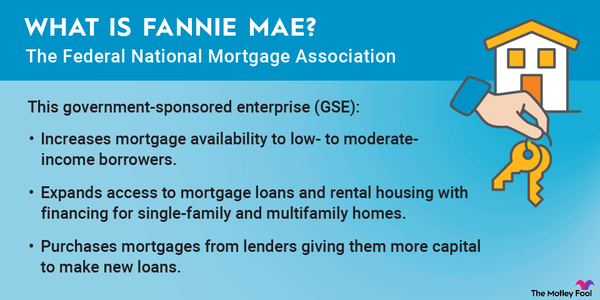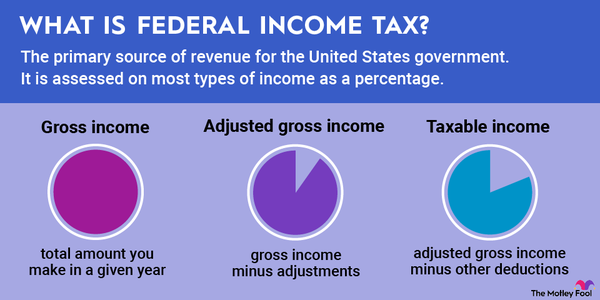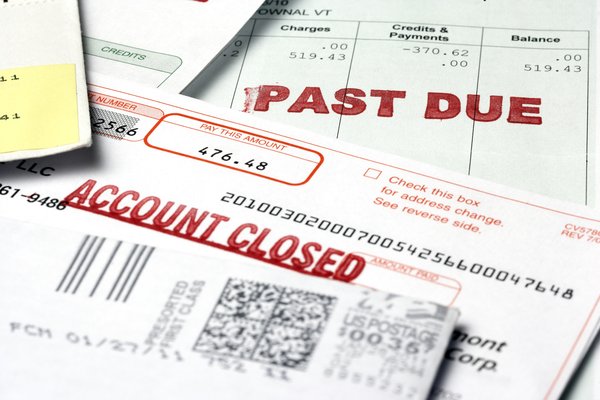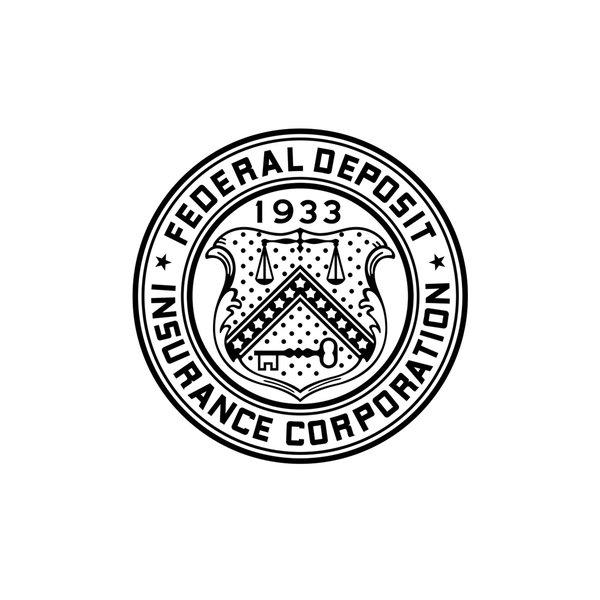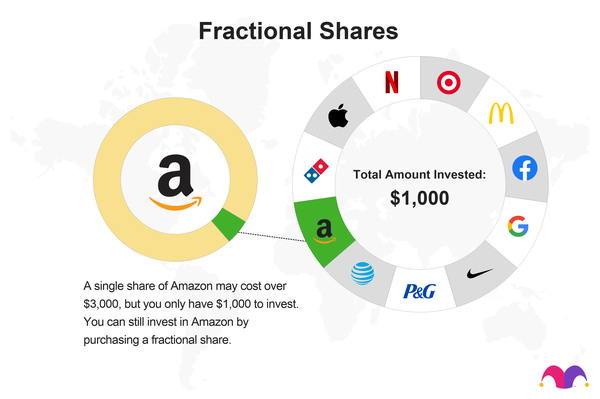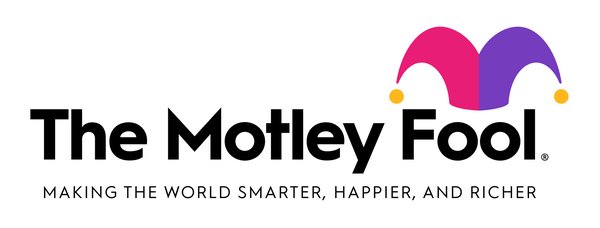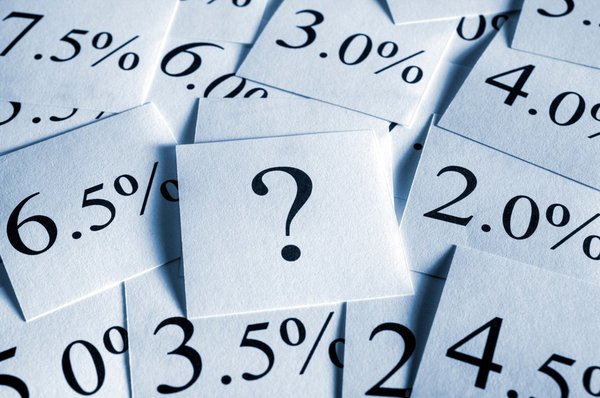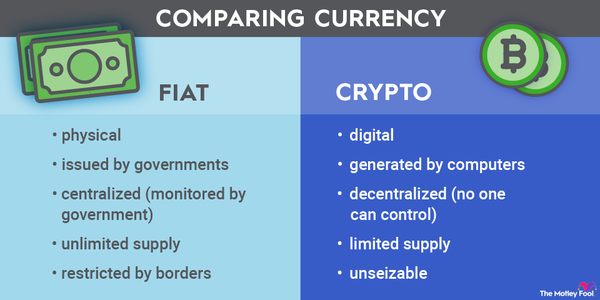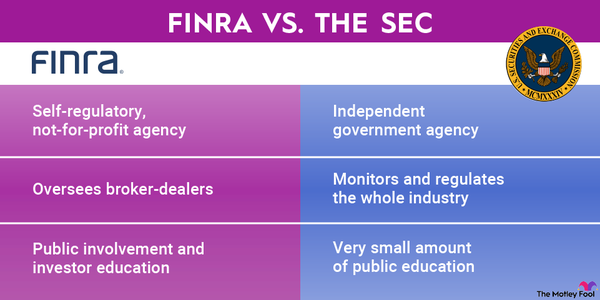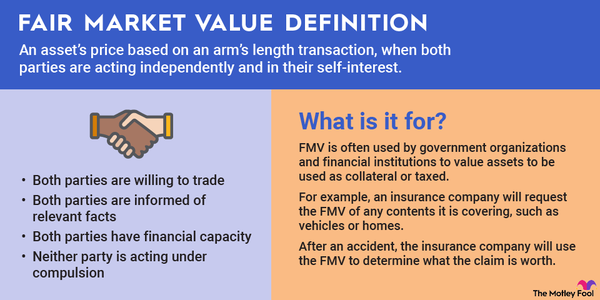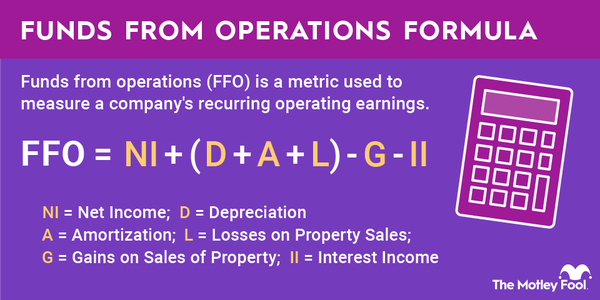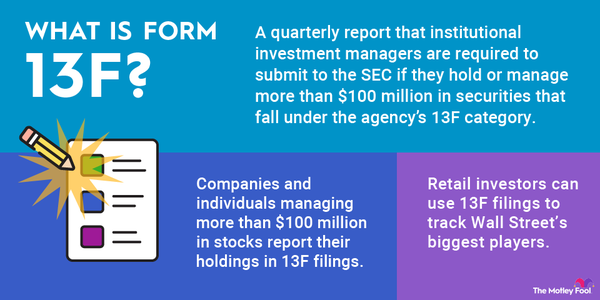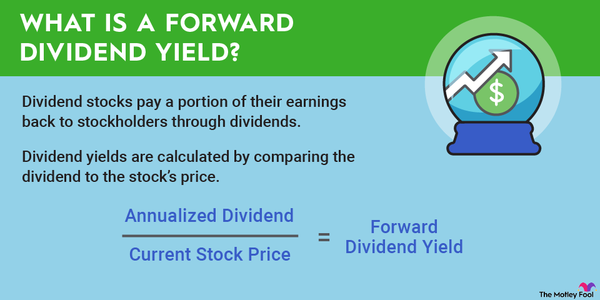There are few growth trends more exciting and more potentially transformative than financial technology, or fintech for short. In this article we'll discuss what financial technology is, how it is applied, and where we see fintech going in the future, and we'll tell you about some of the fintech stocks you should put on your radar.
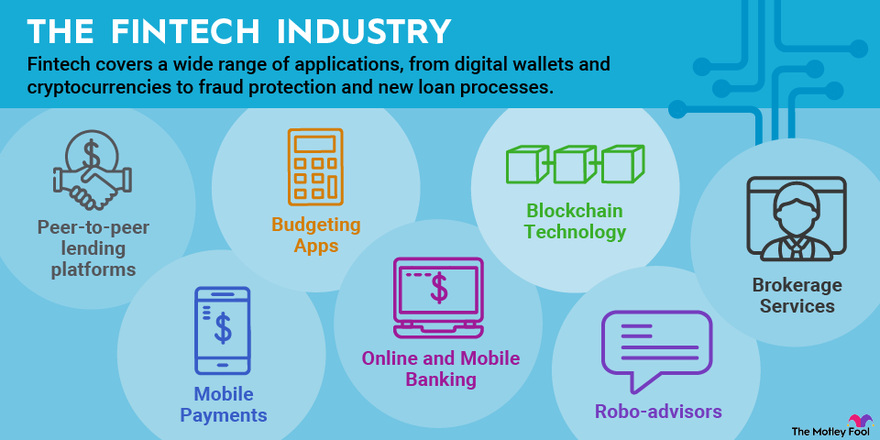
What is fintech?
What is fintech?
Fintech, short for financial technology, describes technologies that are being leveraged to make financial processes easier, more efficient, and more profitable. Fintech companies develop a variety of software platforms, apps, hardware solutions, and more to achieve these goals.
In the rest of this article, we'll take a closer look at the real-world applications of financial technology, why fintech is so important to the financial industry, the future potential of fintech, and some excellent publicly traded fintech companies you might want to put on your radar.
Publicly Traded Company
Uses for Fintech
Uses for Fintech
Modern financial services range from the simple to the complex, including:
- Online and mobile banking platforms
- Person-to-person (P2P) payment apps
- Peer-to-peer and other tech-focused personal lending platforms
- Mobile payments
- Contactless payments, allowing consumers to pay in store without swiping or inserting their payment cards
- Robo-advisors, digital financial advisors that use algorithms and artificial intelligence (AI) with little to no human intervention
- Budgeting apps
- Blockchain technology and cryptocurrencies
- Brokerage services, including stock trading apps
- Software that automates previously laborious and tedious tasks
Why fintech matters
Why fintech matters
There can be little doubt that the demand for fintech products and services is rising among consumers. In its April 2019 Where Will We Bank Next? study, PYMNTS.com found that "trust" was still the most common answer (63%) from consumers asked why their financial institution fit their needs. It was followed closely, though, by other reasons such as easy-to-use online banking services (second-most common, at 57.6%) and easy-to-use mobile apps (sixth, at 44.4%).
One reason fintech is important is that it democratizes financial services, making it cheaper and more convenient than ever for the average person to perform basic financial tasks. For example, fintech innovations is at least partly responsible for the shrinking number of people who are unbanked or underbanked, defined as adults without access to basic financial services such as a bank account and means of payment beyond cash. In 2017, the World Bank reported there were still 1.7 billion unbanked adults across the globe -- a large number to be sure, but far less than the 2.7 billion in 2011. And by the time you read this, the number will have likely shrunk even further. Companies such as PayPal Holdings (PYPL -1.32%), Mastercard (MA 0.26%), and Block (NYSE:SQ) have worked on solutions to help meet this need.
Outlook on the fintech sector
Outlook on the fintech sector
The fintech industry is evolving rapidly. And despite the massive growth we've seen in fintech, there is still an incredible opportunity ahead for fintech firms of all sizes. Here's what to know about the opportunities that remain in fintech, and the industry trends that we've been seeing in mergers and acquisitions, initial public offerings, and more.
A massive opportunity lies ahead
It might seem as if society has become fairly cashless over the past decade or so, and it's not surprising that many investors (especially in the U.S.) feel this way. After all, cashless payments are more widely accepted than ever before. It wasn't too long ago that you couldn't go to a local craft market, festival, or even sporting event without making a stop at an ATM on the way, and now that simply isn't the case.
However, you might be surprised at how many transactions around the world still involve cash, especially outside the United States. Mastercard has estimated that over 80% of payment transactions around the world were still cash-based as of 2017, and while this percentage has certainly fallen somewhat since then, it's still a huge market opportunity for payment processors, money-transfer apps, and more. In Latin America, for example, just 9% of payment transactions are cashless, and this number is even lower in the emerging markets in the Asia-Pacific region. And don't think there isn't any opportunity here -- in North America, about 70% of people say they still use cash at least weekly.
In all, card payments alone are expected to reach $45 trillion in annualized volume by 2025. And if you include things like person-to-person (P2P) and business-to-business (B2B) payments, as well as cross-border money transfers, the worldwide payments market is about $185 trillion in size already, according to Visa. That's a huge market that fintech companies can go after.
Fintech industry trends
The fintech sector has undergone a great deal of growth and disruption, and it's being funded more from venture capital (VC) investment rounds than initial public offerings (IPOs). In 2018, according to CB Insights, VC-backed fintech companies raised a record $39.75 billion over 1,707 deals, more than twice the amount that was raised through similar deals in 2017. Because venture capital has played such a large role in early investing for these fintech companies, investors can likely expect that companies will be much larger, on average, when they eventually go public, leaving less upside for individual investors. This influx of private capital has created a number of unicorns (private companies valued at $1 billion or more) in this space.
But that's not to say that there hasn't been significant IPO activity in fintech. In 2020 alone, business payments solutions company Bill.com (BILL 0.59%), insurance technology company Lemonade (LMND 4.89%), and Rocket (RKT 0.43%), parent company of the largest U.S. mortgage lender, have all entered the public markets.
There's also been quite a bit of M&A activity in the fintech space, and this is likely to continue. In 2019, two of the three largest fintech deals ever have occurred, with Fiserv (NASDAQ:FISV) acquiring First Data for approximately $21.8 billion and Fidelity National Information Services (FIS 0.67%), commonly referred to as FIS, acquiring Worldpay for $35.3 billion. In addition, Ultimate Software Group, a company that provides a cloud-based, software-as-a-service (SaaS) human capital management platform, was gobbled up by a private investment group for just under $11 billion. Major fintechs like PayPal, Mastercard, Visa, and more have all made several bolt-on acquisitions in the past few years as well. And it would be surprising if we didn't see significant consolidation in the fintech industry continue for years to come.
In short, the outlook for fintech is that this will be a rapidly evolving industry over the next few decades. Smaller disruptors will continue to shake up the industry, IPOs and M&A activity will likely continue at elevated levels, and existing fintechs will race to grow their market share and capitalize on untapped opportunities.
Top fintech stocks
Top fintech stocks
There are dozens of excellent fintech stocks you might want to put on your radar, and here are 10 of our favorites.
| Top Fintech Stocks | Bullish Elevator Pitch |
|---|---|
| Bank of America (NYSE:BAC) | Of the large-cap U.S. banks, Bank of America has done perhaps the best job of embracing new banking technologies and using them to improve efficiency. |
| Global Payments (NYSE:GPN) | This payment processing company is embedding its services into vertical software stacks serving niche industries. |
| Green Dot (NYSE:GDOT) | Green Dot is a leading issuer of prepaid debit cards, but the most exciting part of its business is its banking-as-a-service (BaaS) platform, which allows companies to offer their own customized financial services to customers. |
| MarketAxess Holdings (NASDAQ:MKTX) | This company operates the world's largest electronic fixed-income investment trading platform. |
| Mastercard (NYSE:MA) | The world's second-largest payments network has made a number of acquisitions to build out its supplemental services in areas such as AI-powered fraud prevention and data analytics. |
| MercadoLibre (NASDAQ:MELI) | This Latin American powerhouse is much more than an e-commerce platform, with a fast-growing digital payments platform that can be used off-site and even a new asset management platform in Argentina. |
| nCino (NASDAQ:NCNO) | This company's Bank Operating System is designed to improve efficiency and consumer experiences for banks of all sizes. |
| PayPal Holdings (NASDAQ:PYPL) | This digital wallet platform has more than 267 million user accounts, including 21 million merchants. |
| Square (NYSE:SQ) | Square is a financial ecosystem for small businesses and individuals, with operations in payment processing, lending, consumer payments, and more. |
| Visa (NYSE:V) | The world's largest payments network is showing a renewed interest in making sure it stays ahead of the times after making a key acquisition. |
Investing in fintech
Technology is changing every industry, and its mark on the financial industry will be profound. Fintech is important, as it opens crucial financial services to the world's underbanked population and makes it less expensive for global consumers to move and manage their own money. These companies are not only offering catalysts for these changes, they also offer investors the best chance to profit from them.









